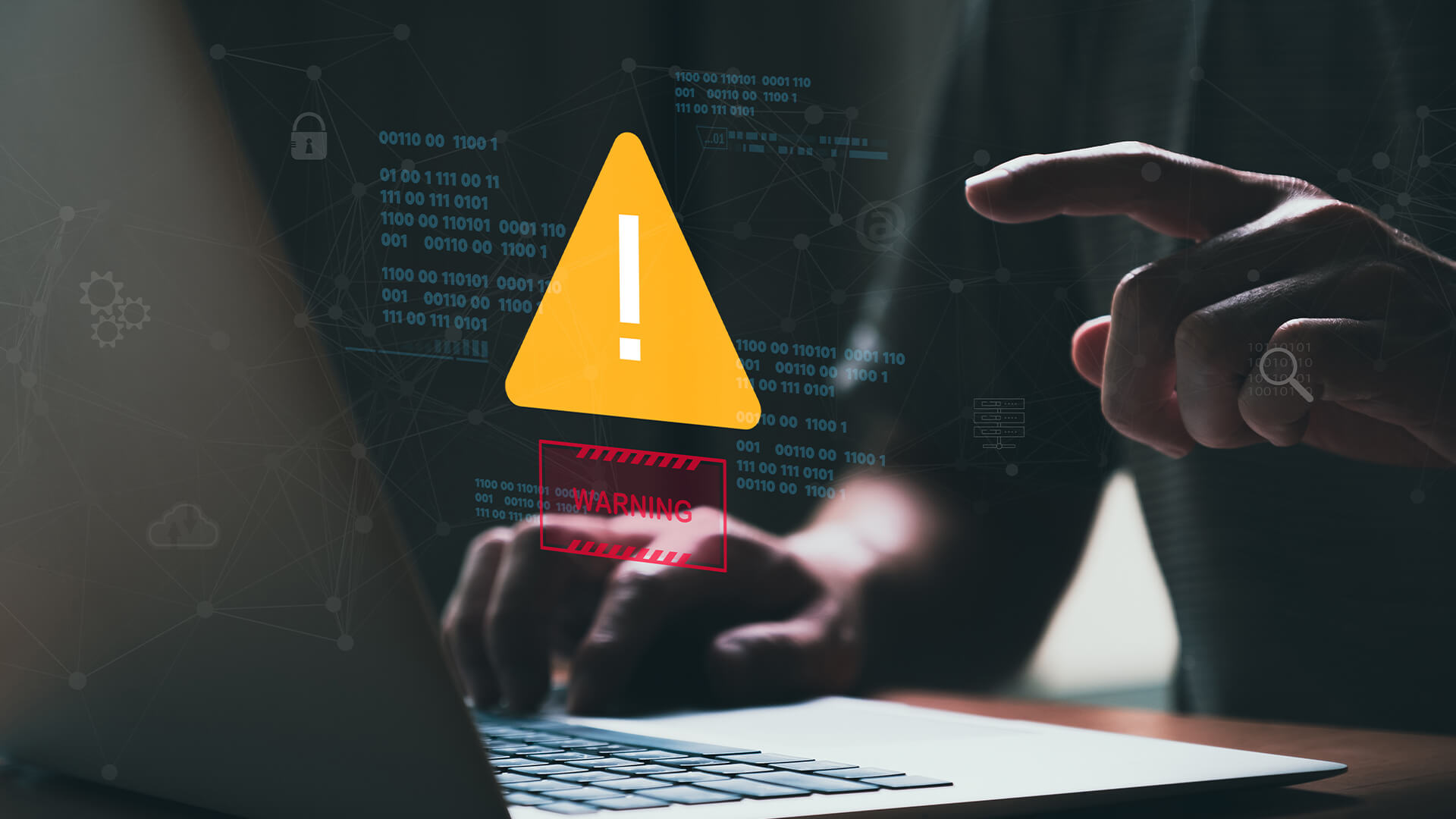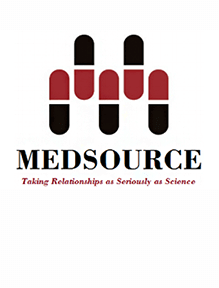
Software is critical in an enterprise. The global Enterprise Software market is projected to grow by 6.73% from 2023-2028. It’s part of the day-to-day operations of a business, including human resources management (HRM), customer relationship management (CRM), business intelligence (BI) and analytics.
As a business or enterprise, having reliable software as part of your operations is essential. Without it, you will face constant system crashes and potential customer dissatisfaction.
This article will explore five common software malfunctions and how they impact enterprises. We will then cover how you can use mitigation strategies to reduce the harmful effects of software issues.
1. System Crashes
System crashes are when software, or the entire computer system, stops working unexpectedly and is temporarily inaccessible. This can happen due to software bugs, hardware failures, or cyberattacks.
A system crash can be majorly disruptive to business productivity. When critical systems go down, employees cannot access vital tools and data needed to perform their daily tasks. This can lead to work delays, missed deadlines, and a loss of productivity. They may need to resort to manual processes that are time-consuming and prone to error.
2. Data Loss and Security Breaches
Data loss and security breaches are incidents where confidential information is compromised, lost, or stolen by unauthorised people and entities. Breaches can happen because of cyberattacks, hacking, or accidental data leaks. Subsequently, data loss can happen because of system failures, hardware issues, or issues with backup procedures.
Data breaches can cause severe and far-reaching issues for an enterprise. There are financial losses of data mishandling – fines, compensations, and recovery efforts can all be costly.
Enterprises can also face reputational damage as customers lose trust in safeguarding sensitive data. This has a knock-on effect on customer retention and sales, as fewer people are willing to set up accounts or pay for goods and services.
3. Glitches and Bugs
Glitches and bugs in an enterprise’s software are technical issues that cause unexpected errors. While glitches are often temporary, bugs are more persistent and typically result from coding errors. These issues can arise during software development, updates, or when the software is in use.
Glitches and bugs can significantly impact user experience and customer retention. Users who encounter errors or malfunctions frequently become dissatisfied with the software’s performance. This negative experience can lead to reduced user engagement, increased bounce rates, and customers switching to competitors’ products or services.
4. Performance Bottlenecks
Performance bottlenecks refer to specific areas within software that negatively affect its performance. These bottlenecks can come from inefficient algorithms, hardware limitations, excessive resource usage, or a database overload. When one or more software components slow down, it affects the entire system’s responsiveness.
Performance issues from bottlenecks have a direct impact on application responsiveness. Sluggish response times can frustrate users, leading to a poor user experience. Slow-loading web pages or delayed actions in software applications can cause user abandonment and worse engagement as users seek faster alternatives from competitors.
5. Incompatibility and Integration Issues
Incompatibility and integration issues in software arise when different applications don’t work together harmoniously due to differences in data formats or protocols. Integrating different software solutions can be complex and time-consuming, especially when they come from various vendors.
The consequences of incompatible software can harm data flow in an organisation or enterprise. Data may become siloed, making it difficult for teams to access and share information.
This can lead to inefficiencies and communication gaps. Incompatibility can also lead to data errors or loss during the integration process, affecting the accuracy and reliability of critical business information.
Mitigation Strategies for Software Malfunctions
Software malfunctions can cause significant issues for an enterprise. Without implementing mitigation strategies, your customers, employees, and business profitability will suffer. Using proactive measures to prevent, detect, and resolve issues that may arise in software applications is essential to integrating powerful software into your business.
Here are the five mitigation strategies you should integrate into your software usage.
1. Monitoring and Supporting Applications
Monitoring and supporting applications are essential to a comprehensive software risk mitigation strategy. By actively monitoring the performance and health of applications and providing timely support, organisations can identify issues early, respond quickly to incidents, and ensure a stable and reliable software environment.
Enterprises should implement monitoring software to avoid regular malfunctions. For instance, you can use Acquia Hosting or Platform.sh to regularly monitor applications for performance issues, glitches and bugs. It’s important to have a proactive support team that will monitor and identify glitches early on.
2. Testing and Quality Assurance
Testing and Quality Assurance (QA) are crucial in identifying and addressing issues before software is deployed to an enterprise, reducing the likelihood of malfunctions and improving software reliability.
A DDEV install helps developers within an enterprise to conduct thorough testing and quality assurance (QA) activities on their local environment before deploying changes to production.
Rigorous testing helps identify and resolve software malfunctions early in the development lifecycle, reducing the likelihood of these issues reaching the live application.
3. Redundancy and Failover Systems
Many call centers within an enterprise have built-in redundancy and failover systems.
In case of a software malfunction or system failure, the technology can automatically switch to backup servers or alternative communication channels, ensuring uninterrupted service for customers.
4. Security Measures
As an enterprise, you should prioritise cybersecurity to protect against data breaches and unauthorised access. Implement firewalls, encryption, access controls, and other security measures to safeguard sensitive information and protect your customers from data breaches. Regularly scan your systems for malware, promptly addressing any detected infections to effectively remove computer viruses.
Using secure hosting strategies, like the co.il domain for those in Israel, is essential for not only ensuring your site is safe from data breaches but builds trust with your customer base.
5. User Training and Support
Provide training and support to employees using the software to ensure they know how to use it correctly and efficiently. Promptly address your employee’s questions and concerns to prevent a slowdown of company operations and reduce the number of human-made mistakes.
You can rely on resources such as the Vonage Call Center technology guide to learn more about how you can set up your employees for success, directing them to it when they have questions.
Prevent Software Malfunctions with Mitigation Strategies Today
Preventing software malfunctions is essential to ensure the smooth operation of applications, protect user data, and maintain customer satisfaction within an enterprise. It’s also essential to choose the right software for your business needs to prevent issues in the future.
Mitigation strategies work to identify, address and proactively manage potential risks throughout the software development lifecycle. By implementing these strategies, large enterprises can minimise the impact of software malfunctions and foster a more resilient and reliable software environment.




















